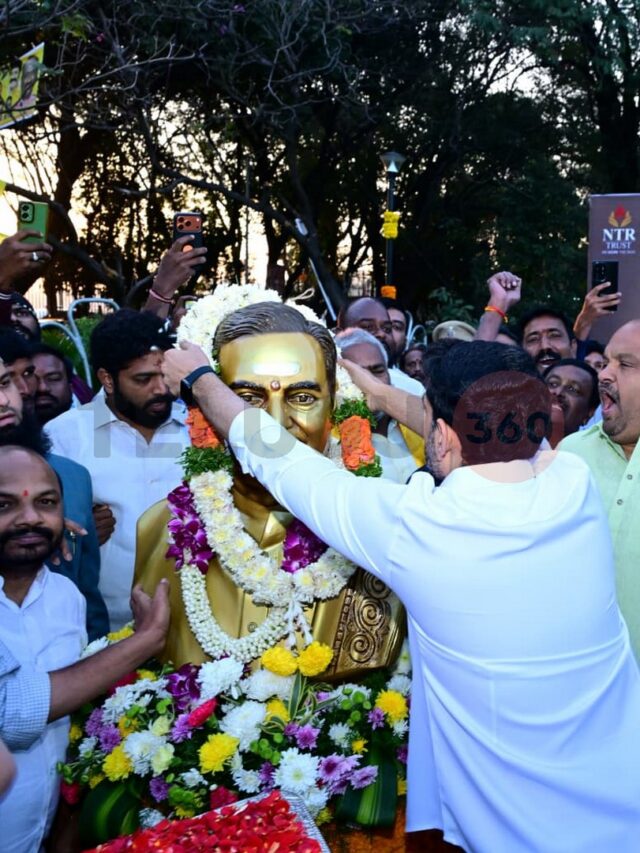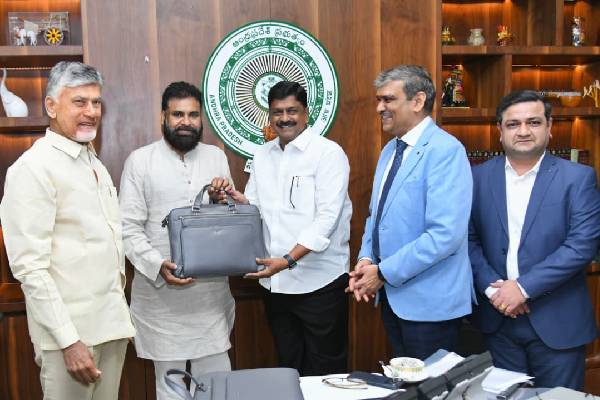In a significant development in the high-profile liquor scam that has rocked Andhra Pradesh, the Special Anti-Corruption Bureau (ACB) Court has raised serious objections to two charge sheets filed by the Special Investigation Team (SIT). The court issued a memo on Monday directing the investigating officer to respond to 21 specific concerns within three days.
Presiding Officer P. Bhaskara Rao questioned the procedural soundness of the charge sheets and sought clarifications on multiple aspects, including whether copies of the documents were provided to all accused. The court also asked the SIT to explain how provisions under the Prevention of Corruption Act apply to this particular case.
The court further queried how many witnesses had been examined by the SIT so far and how many witness statements were recorded under Section 161 of the Criminal Procedure Code (CrPC). Notably, the charge sheets did not specify whether they were preliminary or final, a lapse the court flagged as a critical omission.
Another major issue raised was the absence of forensic reports. The court questioned how the charge sheets could be considered valid without submitting forensic evidence. Additionally, it sought an explanation for why several suspects, reportedly between 7 and 15 individuals, had not yet been arrested, despite their names being linked to the case.
Meanwhile, the court delivered a verdict on a petition filed by the SIT seeking an extension of remand for Chevireddy Bhaskar Reddy, who is currently in judicial custody in connection with the case. However, hearings on two bail petitions filed by Chevireddy have been postponed.
Political Fallout and Public Interest
The liquor scam has evolved into one of the most politically charged controversies in Andhra Pradesh in recent times. Several prominent leaders from the ruling YSR Congress Party (YSRCP), including MP Mithun Reddy, have been arrested. The SIT has filed multiple charge sheets, escalating public scrutiny and media attention.
Legal experts and political analysts are closely watching the case, especially as questions emerge about the robustness of the investigation and the legal validity of the evidence presented so far. The ACB Court’s directive to address procedural gaps could set the tone for how the case unfolds in the coming weeks.



































